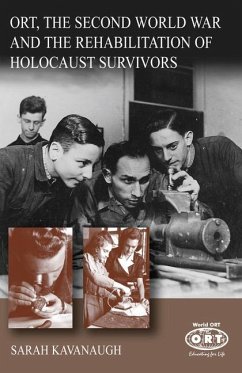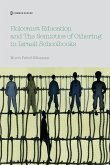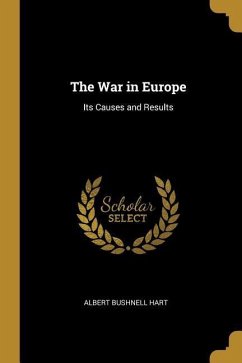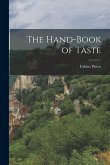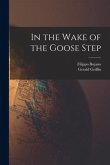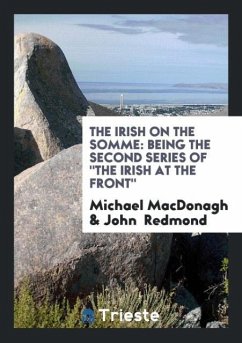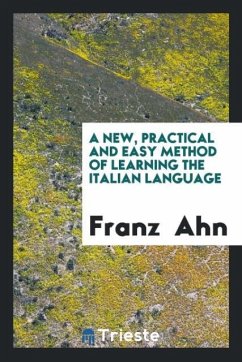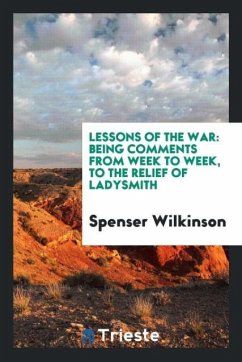For many Jewish refugees the joy of liberation soon gave way to the realisation that they were alone. The home they had before was no longer and passage out of Europe was severely restricted. They would face the problem of how to earn a living: some had not finished school, others needed new skills. This book explores World ORT's work in the wartime ghettos, where ORT had prolonged lives by providing workshops that temporarily exempted trainees from transports east, and also in the Displaced Person camps, where ORT set about rebuilding lives by preparing Survivors for the future with vocational training and apprenticeships as well as psychological support, which sheds light on an often overlooked part of Holocaust history. ORT helped imprisoned and demoralised Jewish communities; it transcended differences and divisions by offering help to all Jews, irrespective of political or religious allegiances. In exploring the dignity and hope ORT provided this book not only tells the story of those imprisoned in the ghettos of eastern Europe and those languishing in the DP camps, it also provides insights into the shape of Europe and Israel today.
Bitte wählen Sie Ihr Anliegen aus.
Rechnungen
Retourenschein anfordern
Bestellstatus
Storno

